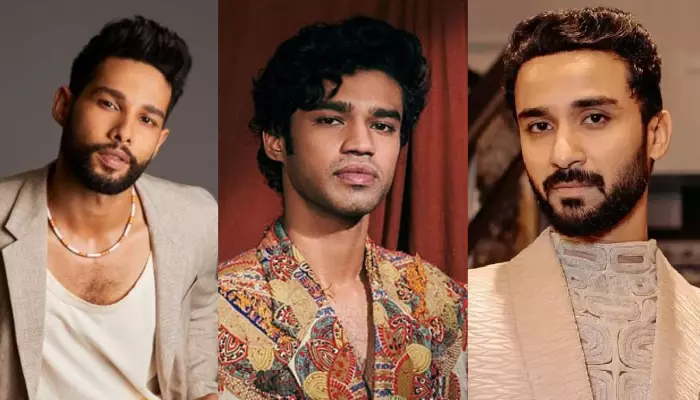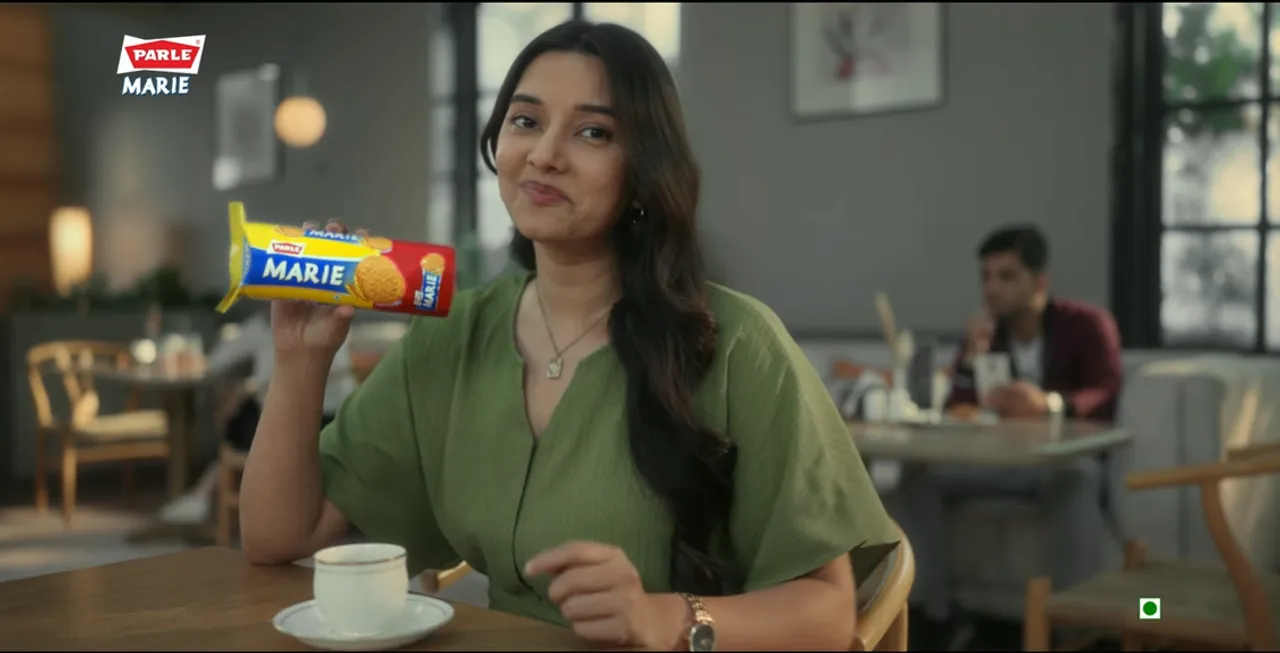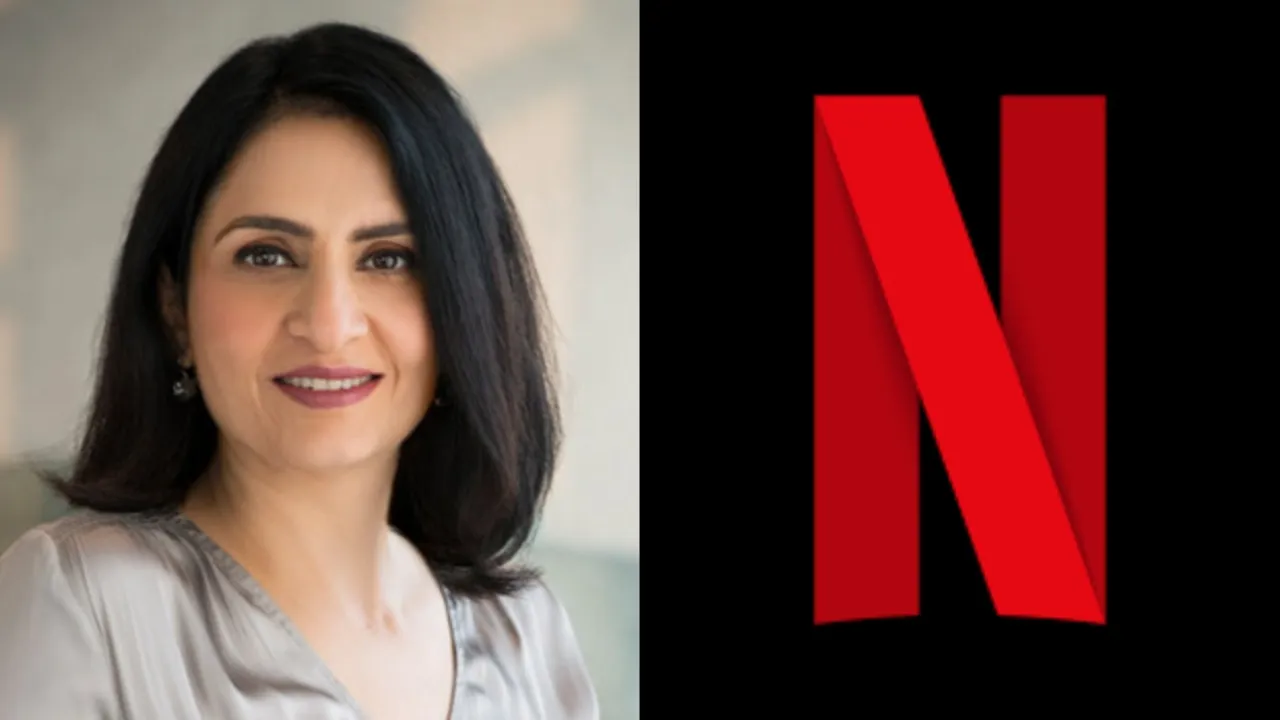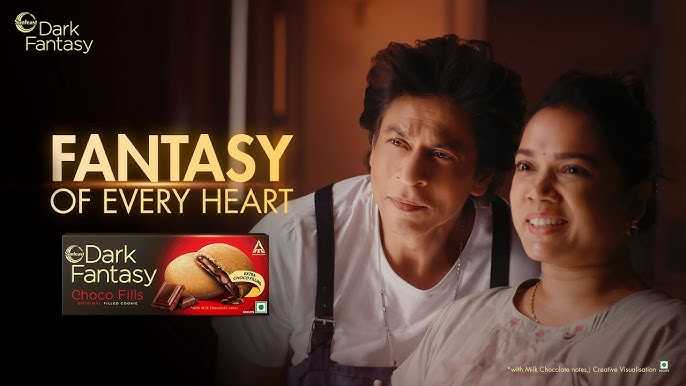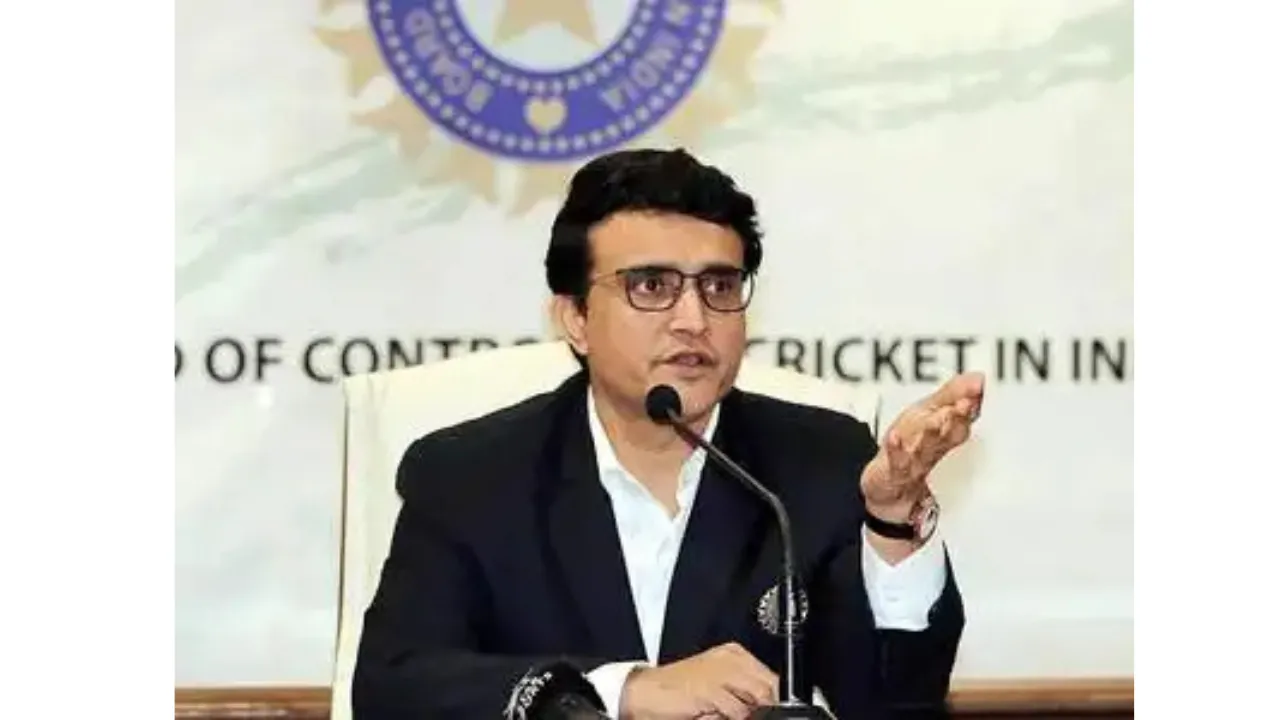Babil Khan, emerging actor and son of the late acclaimed actor Irrfan Khan, recently found himself at the center of a social media controversy that stirred considerable attention online.
The issue unfolded after he shared a video that was widely interpreted as a criticism of several celebrities in the Indian film industry.
The video quickly gained traction on social platforms, leading to speculation and mixed reactions from the public and media outlets.
Soon after the video surfaced and began circulating, Babil deleted it.
He also went a step further by deactivating his Instagram account on Sunday, leaving fans and followers questioning the reasons behind the sudden disappearance.
After a brief period of silence, Babil Khan reactivated his Instagram account and returned with a clarification aimed at addressing the misunderstandings and assumptions that had emerged in response to the original video.
In a new Instagram post, Babil reshared a message from actor Kubbra Sait.
The post included the official statement from Babil’s family, which attempted to offer context and perspective regarding the now-deleted video.
In his caption, Babil expressed his gratitude to Kubbra Sait for her support and clarified his intention behind the video.
He wrote that the video had been “extremely misinterpreted” by viewers and that his aim had been to express support for fellow artists in the industry.
He named the individuals he had mentioned in the original clip, including Ananya Panday, Shanaya Kapoor, Gaurav Adarsh, Arjun Kapoor, Raghav Juyal, and singer Arijit Singh.
Babil emphasized that he admires these artists and intended the video to show appreciation rather than criticism.
In addition, Babil conveyed that he did not have the energy to delve further into the matter but felt a sense of responsibility to clarify his stance for the sake of his peers, whom he continues to admire and respect.
He went on to interact with some of the artists he had named.
In one instance, Babil reshared an Instagram Story from Raghav Juyal, writing a heartfelt message that read, “Raghav Juyal, bhai you are my icon, my idol and my elder brother that I never had.”
This message reflected genuine affection and admiration, contradicting the narrative that had developed online.
Siddhant Chaturvedi, another actor mentioned in the controversy, also came out in support of Babil.
Siddhant shared a short clip of Babil in which he could be heard saying, “Mujhe itihaas likhna hai, kitaab nahi,” which translates to “I want to write history, not a book.”
Babil reposted this clip with a message saying, “I love you brother,” indicating a strong camaraderie between the two actors.
Babil also posted a longer note addressing the issue in a more personal and direct tone.
In the note, he stated that he typically refrains from engaging with rumors and discussions about himself or his colleagues.
However, he felt compelled to respond on this occasion because the matter had become personal.
In his message to online audiences and gossip media, Babil made a heartfelt appeal.
He asked them to stop seeking unnecessary drama in the personal lives of actors.
He questioned whether the hunger for drama in entertainment had led the public to search for it even in private moments.
His note read, “We love to hate and hate to love, is this what we have come to? Stop looking for drama here. All of us are working hard to bring drama to your screens. Maybe there is a lack in that space that you are pestering in our personal lives to find drama? Peace out.”
This was a direct response to the narratives being shaped around his emotional video.
In the wake of the controversy, Babil’s family also issued an official statement to provide clarity on the situation.
The statement noted that the intent of the video had been misjudged and explained what Babil had actually meant to convey.
According to the statement, Babil was sincerely acknowledging a few of his peers whom he believes are making meaningful contributions to the evolving landscape of Indian cinema.
His mention of fellow artists such as Ananya Panday, Shanaya Kapoor, Siddhant Chaturvedi, Raghav Juyal, Adarsh Gourav, Arjun Kapoor, and Arijit Singh was driven by admiration.
The family elaborated that Babil respects these individuals for their authenticity, passion, and continued efforts to restore credibility and emotional depth within the Indian film industry.
The statement aimed to correct the public narrative by emphasizing that the message was one of appreciation rather than criticism or mockery.
This controversy has highlighted the challenges faced by young artists navigating fame in the digital age.
With every statement and social media post subject to public scrutiny, even well-meaning gestures can be easily misunderstood or taken out of context.
Babil Khan’s quick deletion of his account and his subsequent return suggest a deep emotional impact, as well as a desire to distance himself from negativity while still protecting the integrity of his relationships within the industry.
The response from his peers also demonstrates the growing sense of solidarity among young artists who are under constant public and media observation.
Encouragingly, the issue has also brought out voices of support from fellow actors, who have reaffirmed their understanding of Babil’s intent.
Through his clarification, Babil Khan has attempted to restore the message he originally hoped to convey — one rooted in support, admiration, and emotional sincerity.
His openness and willingness to address the issue reflect his maturity as both an individual and an artist.
As the son of one of India’s most respected actors, Babil continues to navigate a path that carries great expectations.
His recent experience serves as a reminder of the pressures that accompany public life, and the importance of empathy in interpreting the words and actions of public figures.
With the controversy now addressed, Babil has expressed a desire to move forward and continue contributing positively to the film industry.
His message ultimately calls for greater understanding and respect among viewers, creators, and the broader community.
Video:
Author: Janvi Joshi
